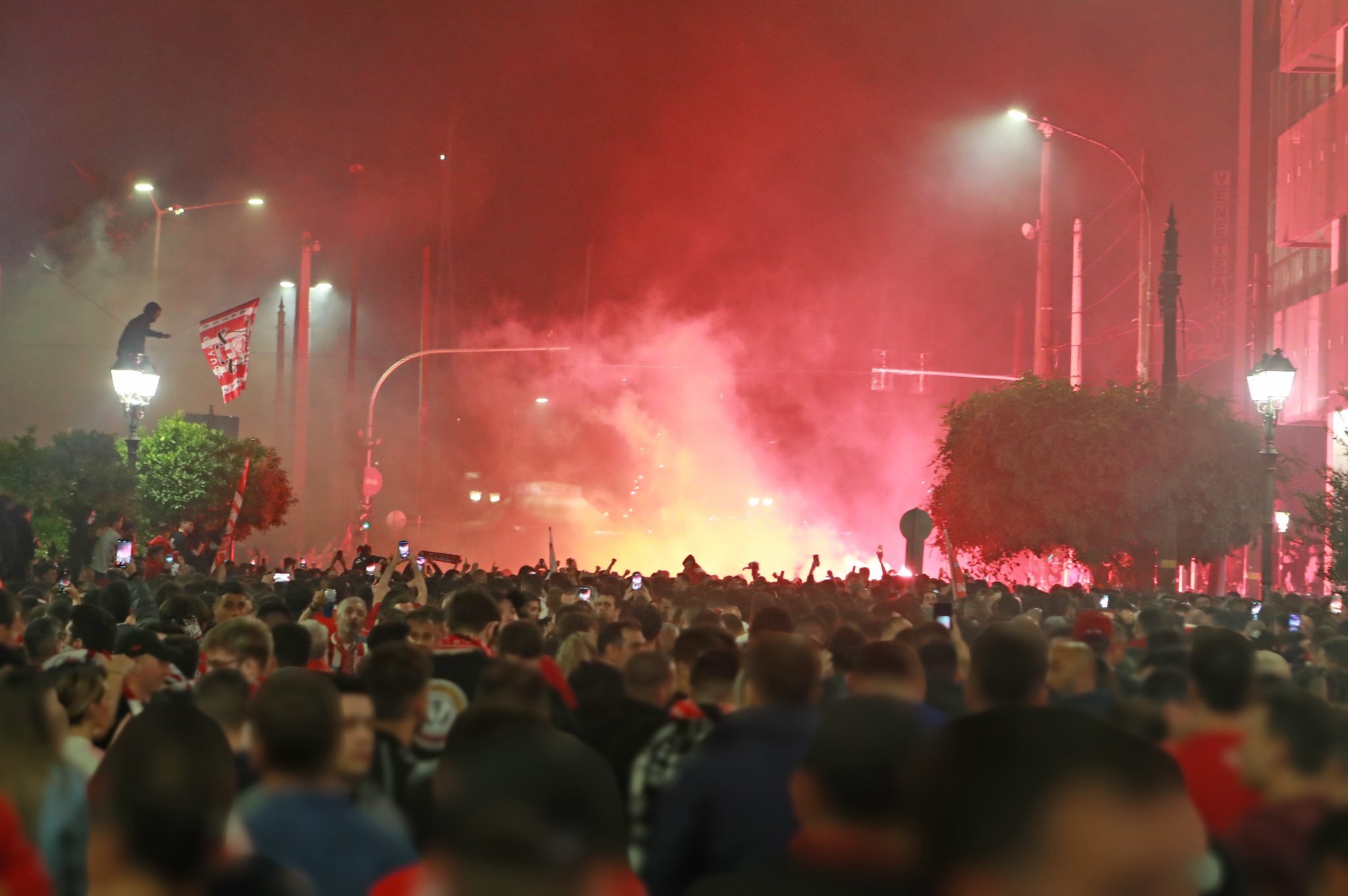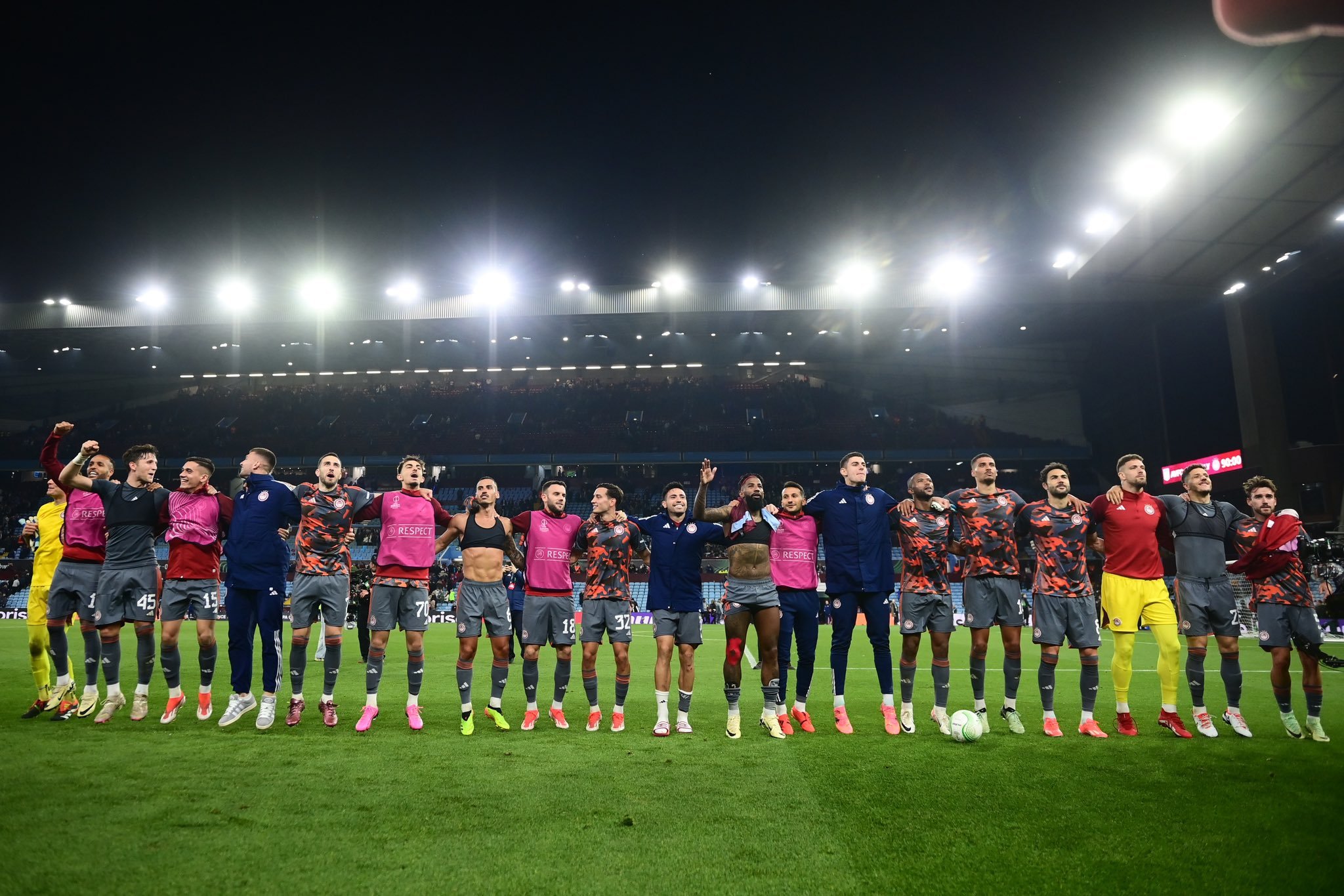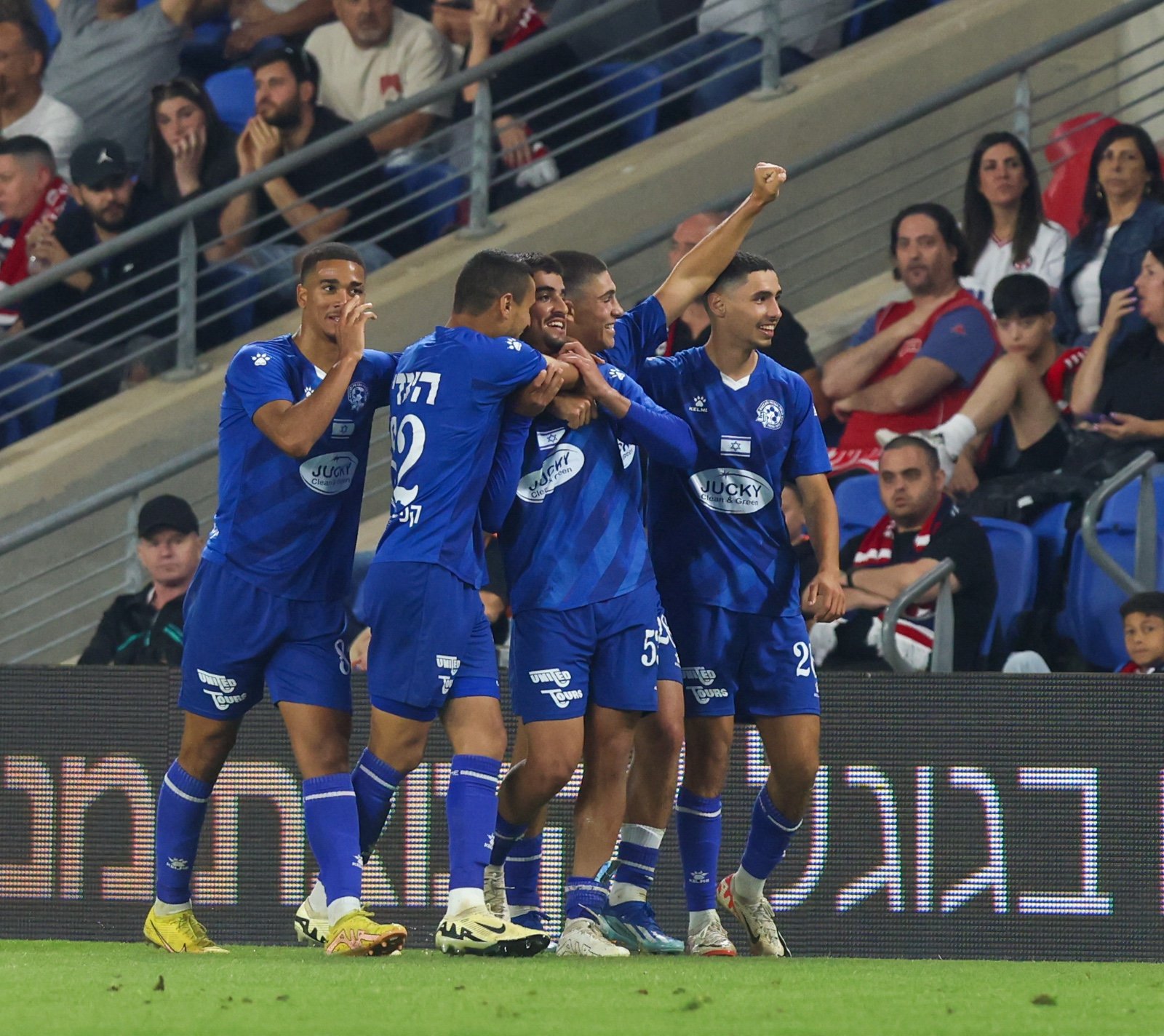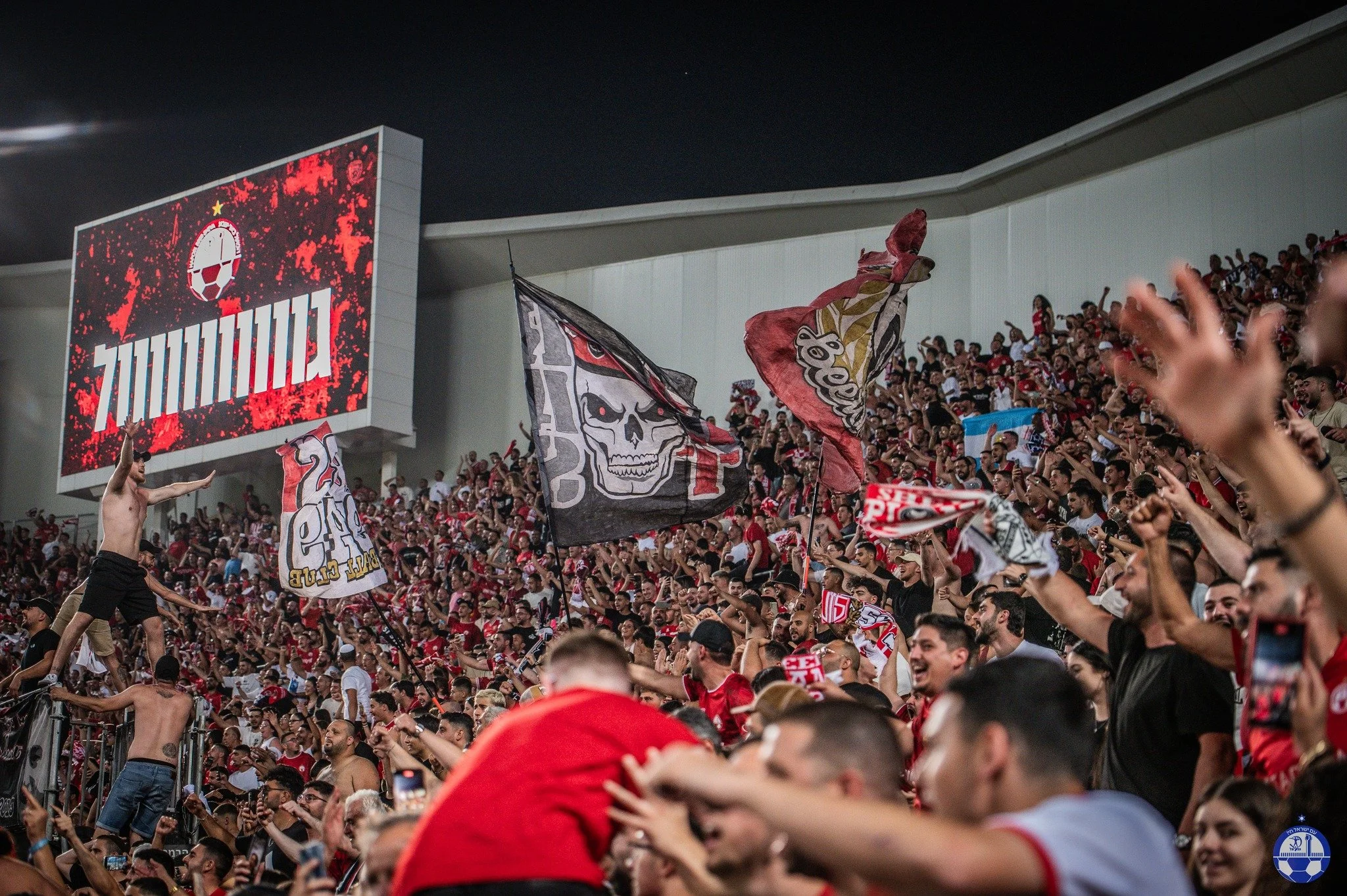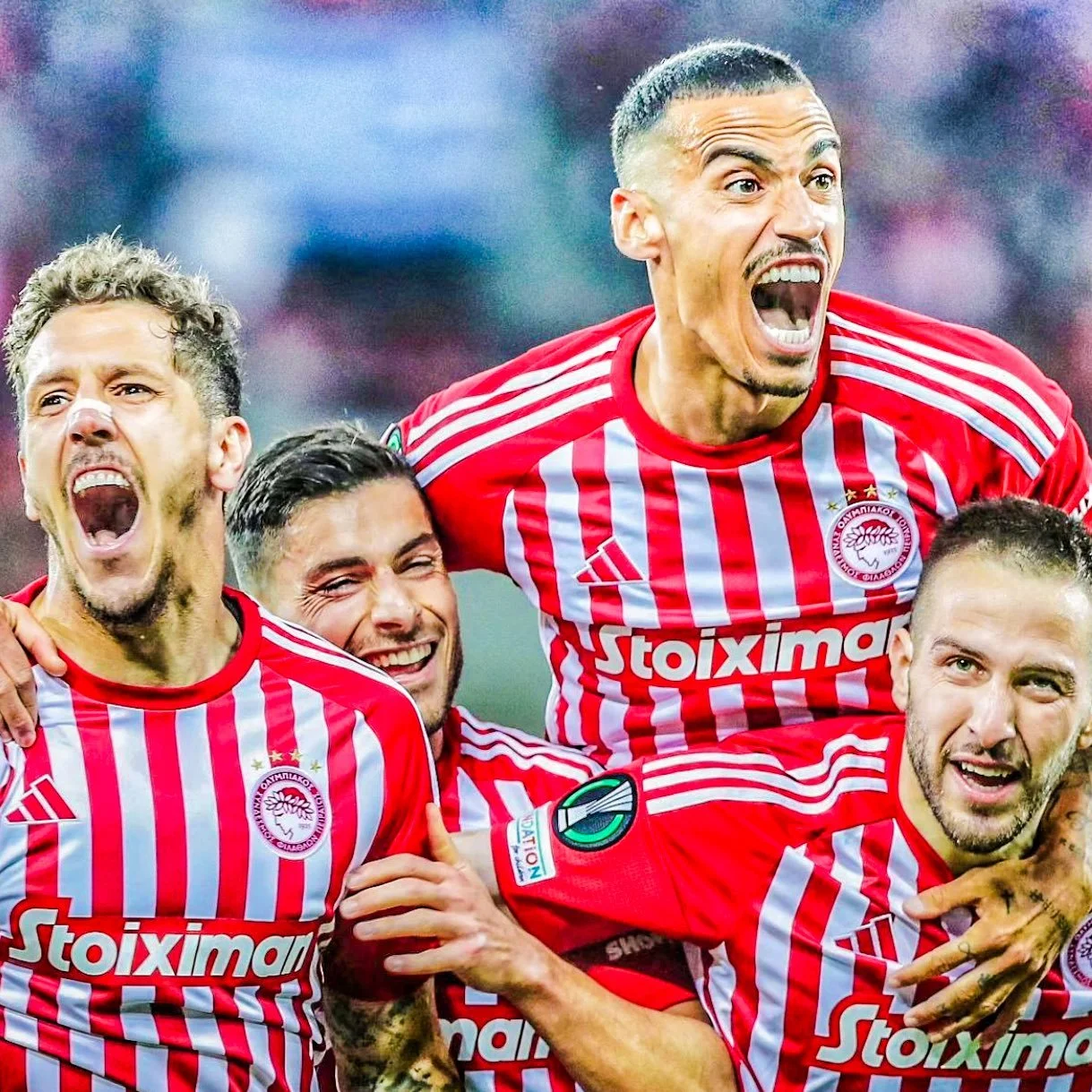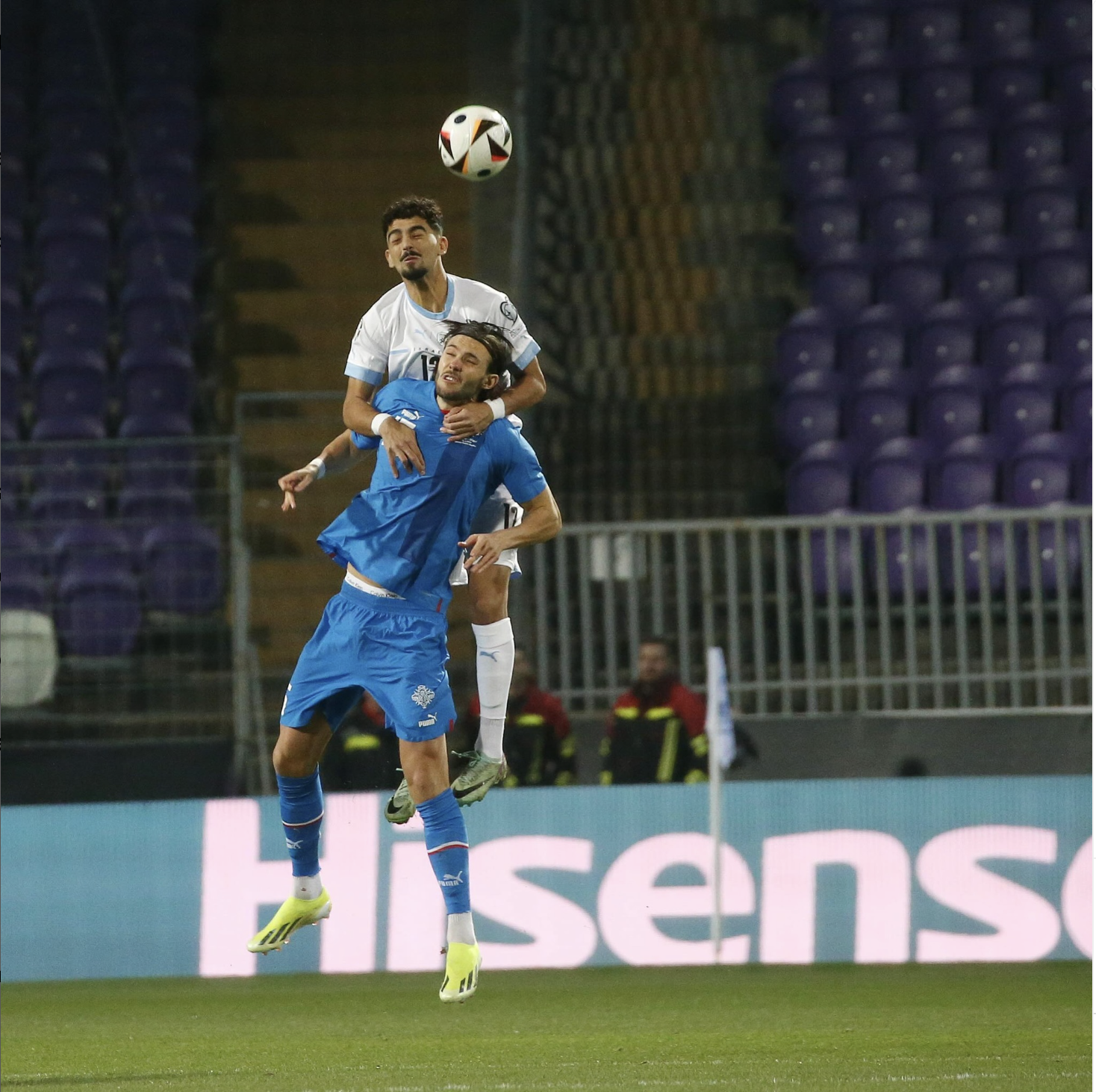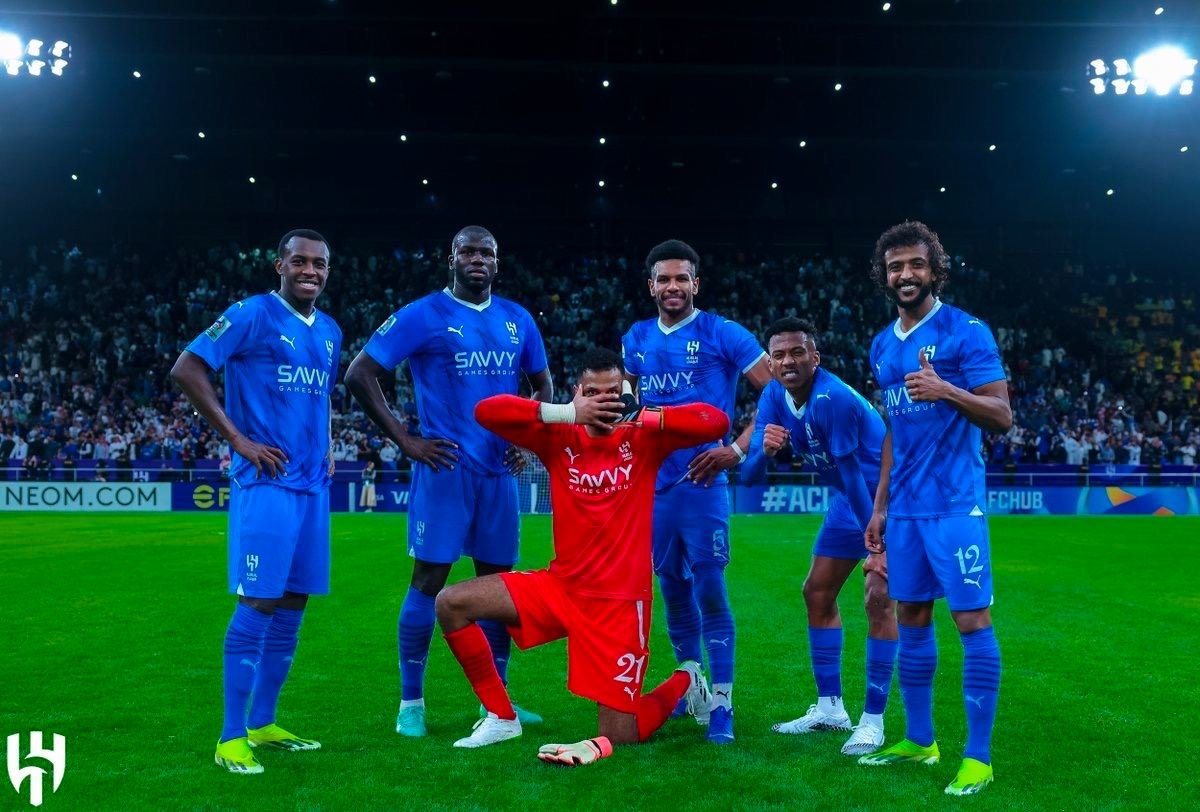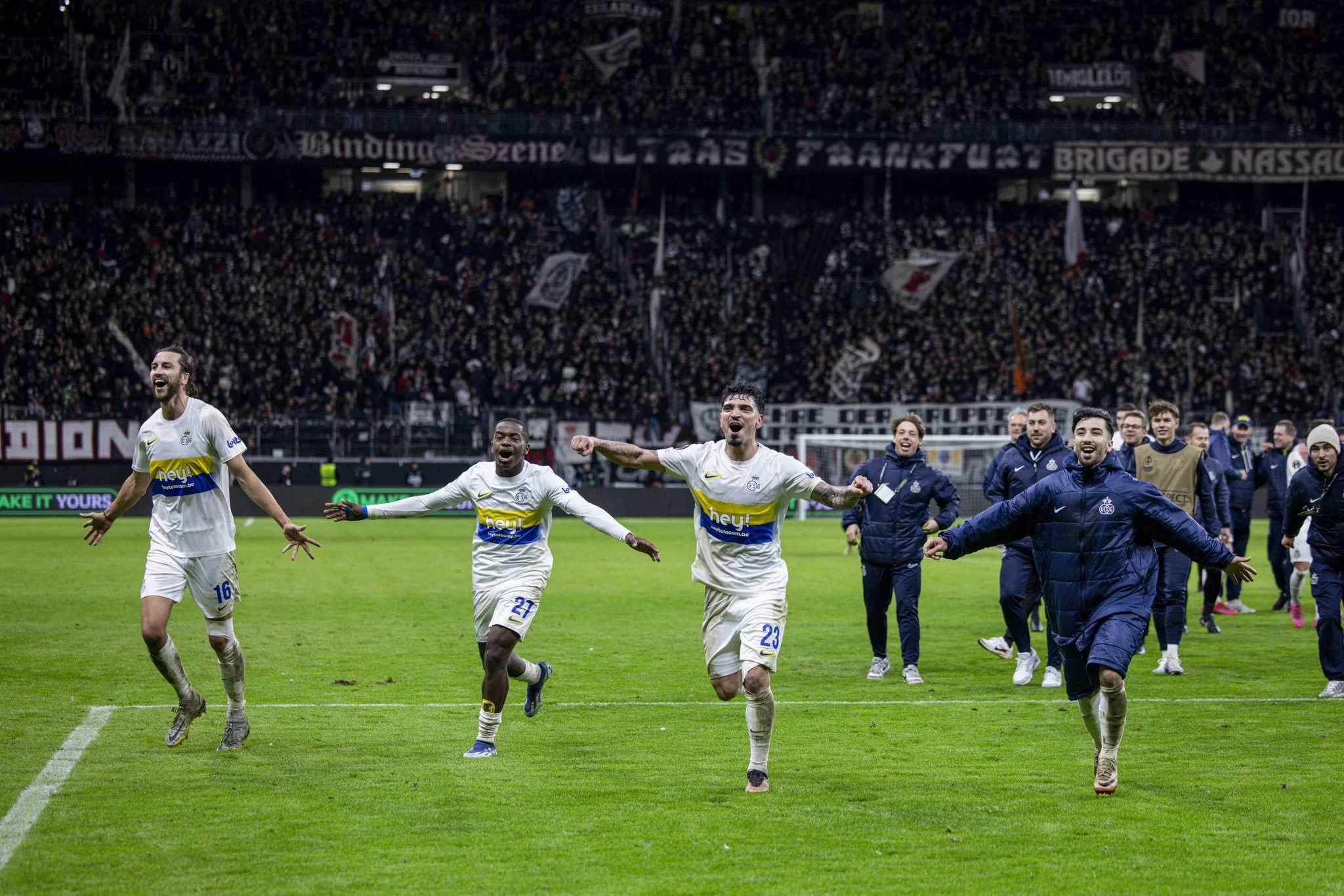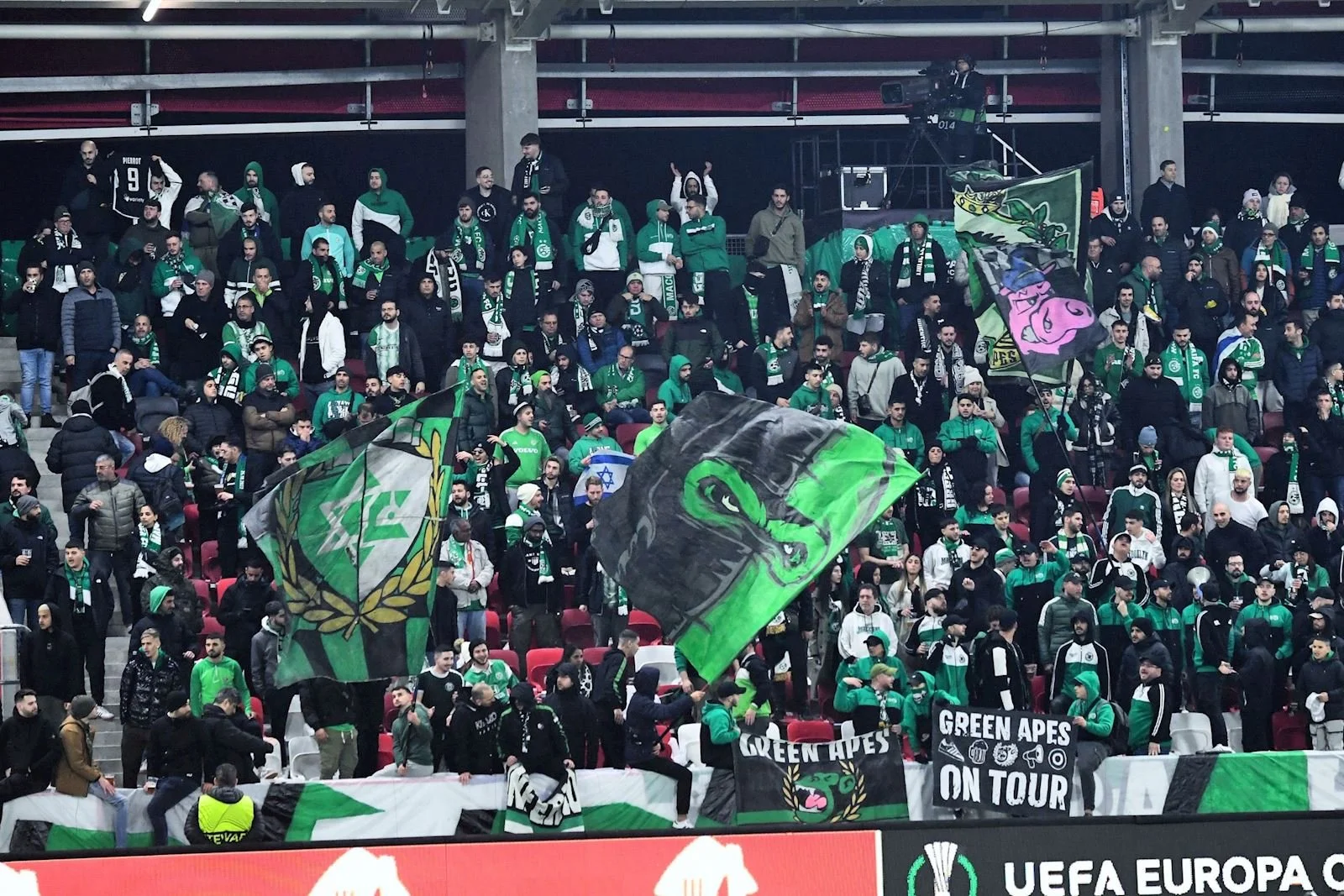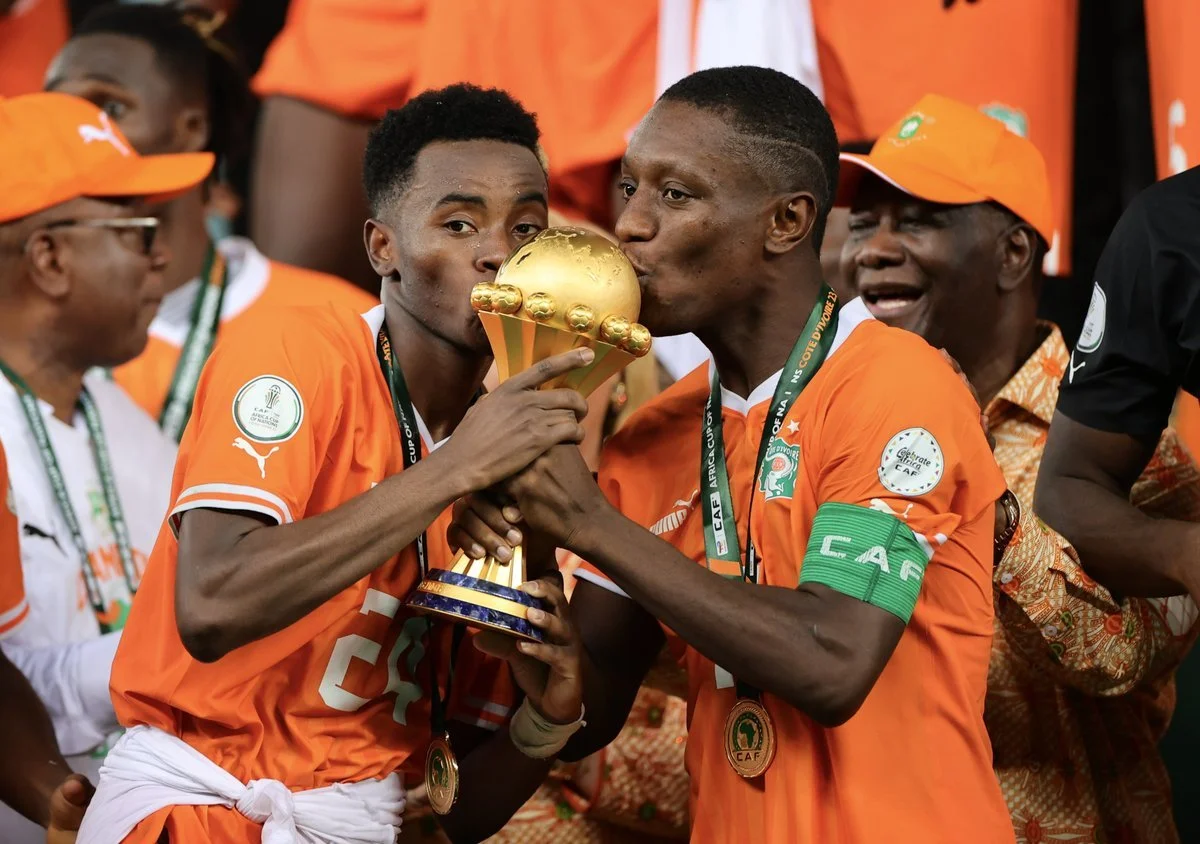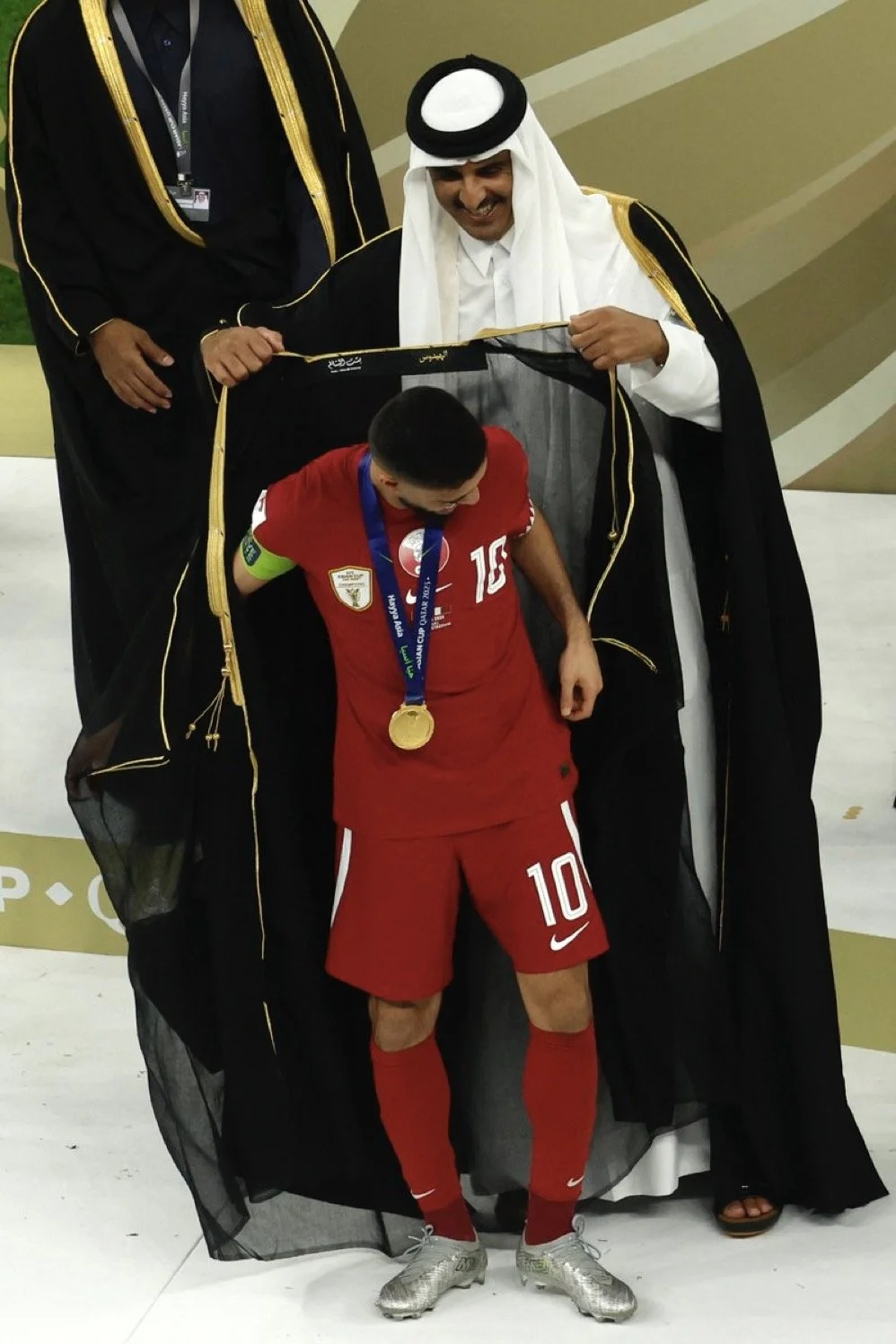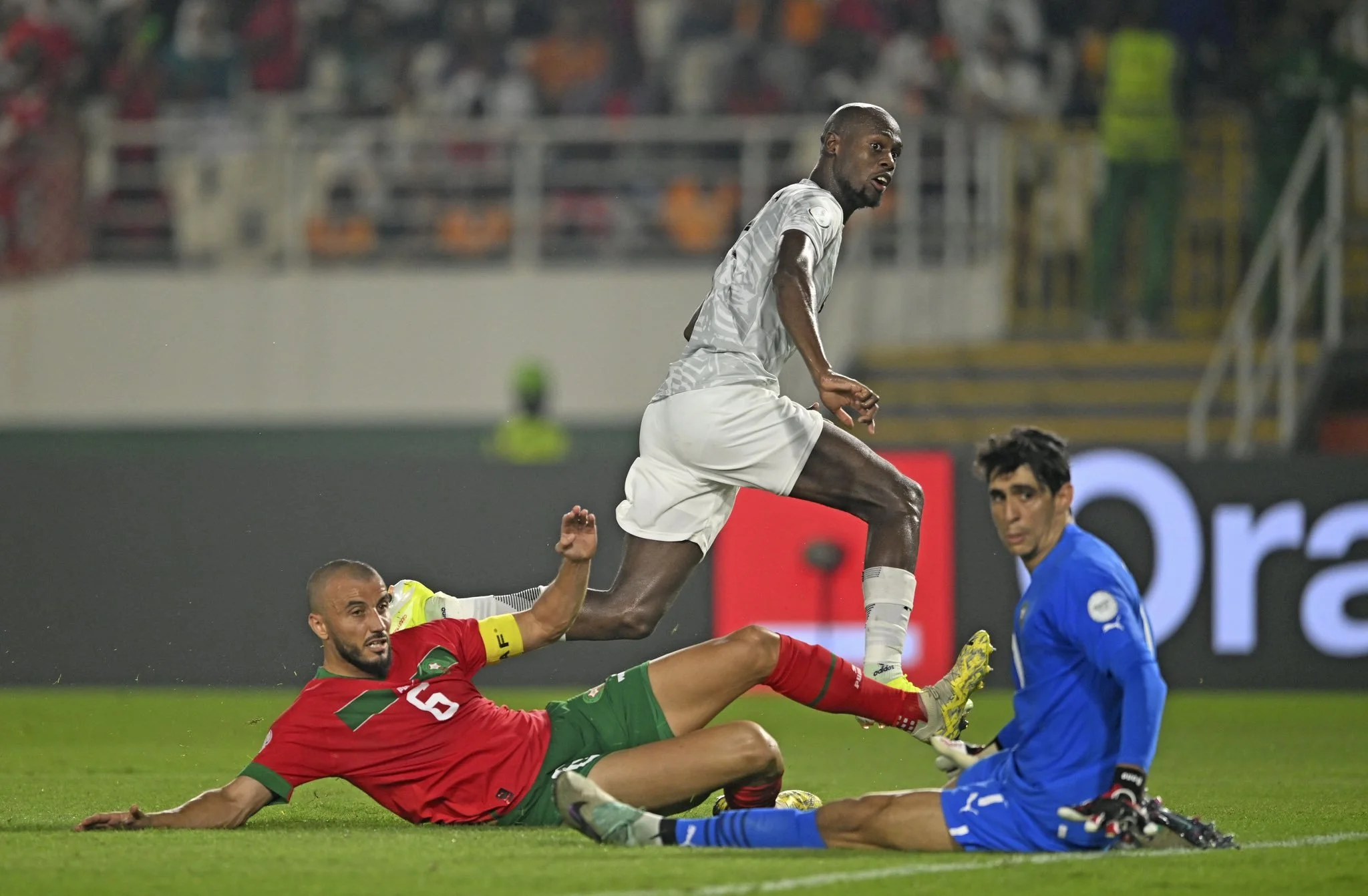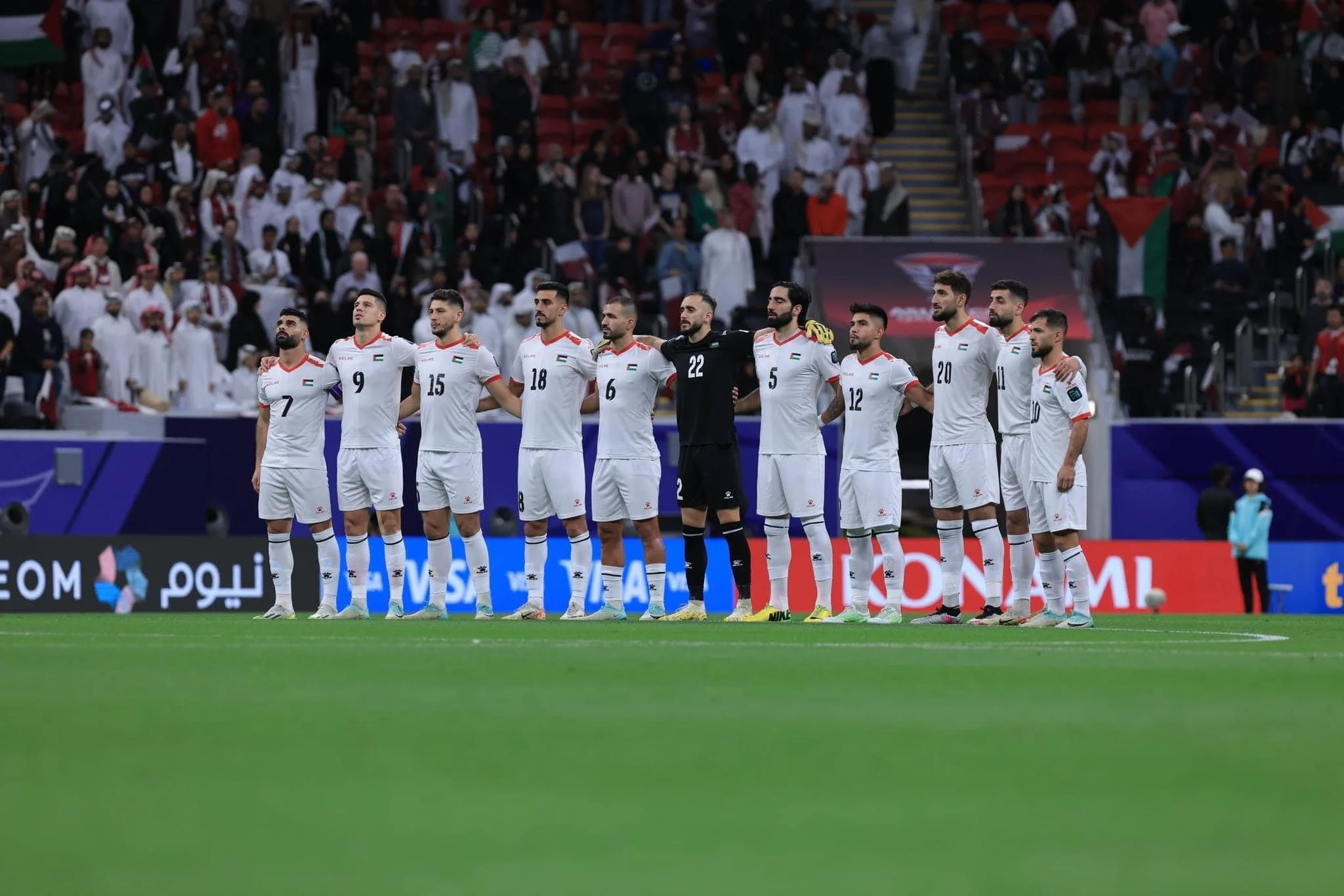Like the Roman emperor Nero, Diego Cocca probably already knew that his fate was sealed.
The Mexican national team manager, who was appointed only at the beginning of the year, was released from his duties after only seven matches in charge.
In the announcement of his dismissal, the president of the Mexican football federation, Juan Carlos Rodriguez, criticised not just Diego Cocca, but national teams director Rodrigo Ares de Parga, who was also dismissed, and decision makers across Mexican football too.
The fact that this was announced in a social media video and not in a press conference has been criticised by Mexican media outlets.
The story of Cocca’s time in charge is a tale of inside politics, power struggles, an angry public, and drama. One might argue that it would make a great television series.
Diego Cocca's dismissal is the end, for now at least, of a chapter in the Mexican management telenovela.
Power struggles in Mexican football are not a new thing, but in the last year or so, it has intensified.
It started with a disappointing World Cup qualification campaign, and continued with a disastrous World Cup campaign under Gerardo "Tata" Martino.
Mexico got eliminated in the group stage for the first time in the last eight World Cup tournaments.
Tata Martino left the national team right after that tournament, and the race to find a new manager had started.
It wasn't only about who will take charge of the national team, but like a good episode of Game of Thrones, behind the curtains it was also a struggle for power.
The Mexican football federation is a private organisation with an official national public status - that means it is self-funded, through sponsorships, ticket sales, merchandise etc.
There is no public budget from the Mexican government.
The government will occasionally support the Mexican federation, by arranging a publicity campaign as a sponsor for the national team, for example. Usually, tourism-related.
Obviously, the national team is an official representative of the state, with a special mandate that the federation receives from the government.
All this information is here to show that the real decision-makers in the federation are the club owners in Mexico.
Yes, there is an official president and management team that work for the federation, but their role is to act based on the decisions that the club owners assembly agrees upon.
I won't get into the nuances of each side of the owners assembly, but it is sufficient to say that there are three to four separate power groups:
Televisa, who owns Club America, is one of them, and many argue that they are the real decision-makers.
Grupo Orlegi, who owns Atlas Guadalajara and Santos Laguna. They are practically partners with Grupo Salinas, who own Mazatlan and have some percentage in Atlas as well.
Grupo Pachuca, that owns Pachuca and Club Leon
And other club owners make up the final group. Some of them swing more neutral, while others are more in favor of one of the groups above.
Now that we have a basic understanding of the powers in play, let's go back to the day that followed Mexico's elimination from the World Cup in Qatar.
Yon de Luisa, the former president of the Mexican football federation, had to take responsibility for the failure in the World Cup and asked for 60 days of analysis.
That way, they would have enough time to understand what went wrong and build a plan to prevent it from happening again.
But eventually, the federation didn't do a lot.
Between holidays and the uncertainty over De Luisa’s position himself, the federation found itself giving the different power groups the responsibility to find the new manager.
An important thing to note at this point is that there is an open war going on between Orlegi and Pachuca.
It goes back to a fight about television rights for the national team, but it is also a struggle between two different ways of thinking.
While Grupo Pachuca had an arrangement with legendary coach Marcelo Bielsa, Orlegi decided to bet on Diego Cocca, who was a successful manager for Atlas and led the club to two championships in a row.
Eventually, Orlegi’s candidate was chosen, even though he he was Tigres’ manager at that time.
Tigres decided to let Cocca go to the national team, but not before they had criticised him and Orlegi as well.
Tigres eventually went on to win the league, but there was no mention of Cocca in the celebrations.
In the meantime, however, the management of the Mexican football federation had changed.
Yon de Luisa stepped down, after signs he was slowking being forced out, and Juan Carlos Rodriguez was chosen to replace him.
Both came after a long career at Grupo Televisa - yes, Club America's parent company - so one can understand who holds the power now.
But Diego Cocca and the management team were appointed by De Luisa.
With Mexico co-hosting the World Cup in 2026, there are expectations that the country can build a good team that could go far in the tournament.
No one believes that Mexico would win the cup, but breaking the fifth game curse and reaching the quarter-finals is a legitimate target.
But expectation and reality are two different things.
Mexico under Cocca wasn't convincing.
After the Concacaf Nations League third place play-off victory over Panama, it was the end of Cocca and his management team.
Not just the technical team, but also to the group that was behind his appointment.
Orlegi and Salinas reportedly received a serious blow to their status within the power struggle in Mexican football.
And that’s all because the Mexican fans are passionate about their football.
They would go to every game, and they bring fans in their droves to major tournaments - no matter if it is held in Europe, Asia or in the United States.
People would save peso to peso - or dollar to dollar - to buy World Cup tickets, others would sell their cars or possessions in order to accompany the national team to a World Cup.
So what happened in the game against Panama was almost unprecedented.
Mexico won the game, but played very badly.
But off the pitch, things were strange. The stadium was almost empty, and you could hear the players shouting at each other, almost like during the pandemic when fans were forbidden from attending games.
The real fear was that the fans would boycott the national team in the Gold Cup.
This is something that the Mexican federation, and the new president Juan Carlos Rodriguez, couldn't afford or permit to happen.
During his announcement, Rodriguez mentioned that he would appoint Jaime Lozano as interim manager for the Gold Cup.
“Jaime, the players already know you and respect you,” Rodriguez said, referring to his management of the side at the Tokyo 2020 Olympics, which a big part of this team played under him at, winning the bronze medal.
Lozano will need to win the Gold Cup tournament, as the USA will be bringing a second-string side.
If that doesn’t happen, then the dramatic telenovela of Mexican football will have another passionate episode.
Edited by Alex Smith




